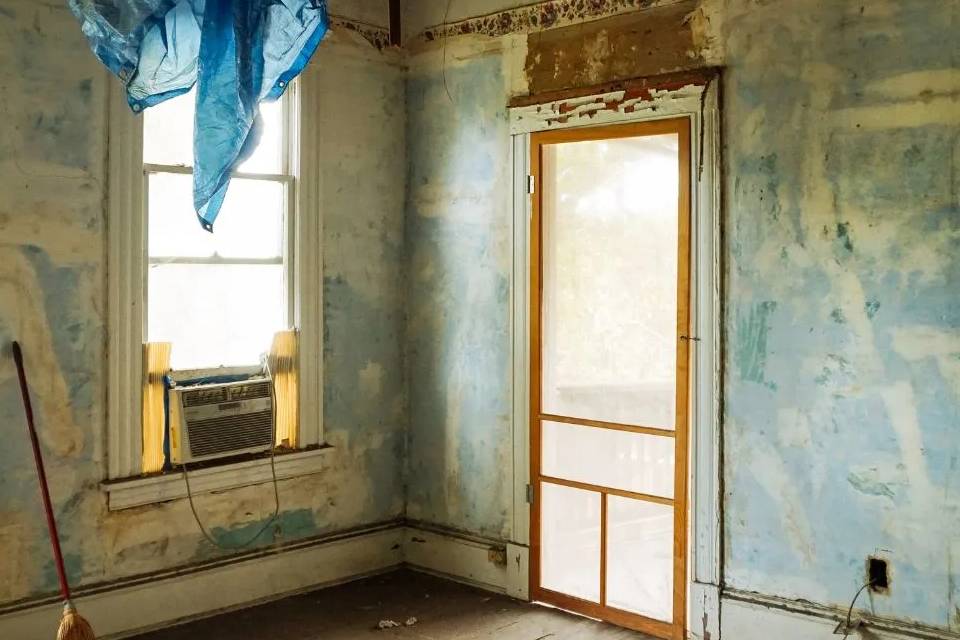- Not Having a Budget: One of the most common pitfalls homeowners encounter when embarking on a renovation journey is not establishing a realistic budget. Renovations, big or small, can quickly spiral out of control without proper financial planning. Whether you’re planning to revamp your kitchen or remodel your bathroom, having a budget in place is essential to avoid overspending and financial strain.
How to Avoid: Start by creating a comprehensive list of all the renovation projects you intend to undertake. Research the costs associated with each project and factor in additional funds for unexpected expenses. It’s prudent to prioritize renovations based on necessity and allocate funds accordingly. Being flexible with your budget and willing to make adjustments as needed will help you stay on track and avoid financial stress down the line.
- Going With the Cheapest Contractor: Opting for the cheapest contractor without considering other factors can be a costly mistake in the long run. While it’s tempting to save money upfront, hiring a contractor solely based on price may compromise the quality of workmanship and materials used. A poorly executed renovation can lead to issues that require costly repairs or corrections, ultimately outweighing any initial savings.
How to Avoid: Instead of solely focusing on price, prioritize finding a reputable contractor with a track record of delivering high-quality work. Obtain quotes from multiple contractors and evaluate them based on factors such as experience, credentials, references, and the comprehensiveness of their estimates. Investing in a skilled and reliable contractor may involve higher upfront costs but can save you money and headaches in the long term.
- Being Too Trendy: Following fleeting design trends without considering long-term implications can result in renovations that quickly feel outdated. While it’s natural to want to incorporate current trends into your home, relying heavily on trendy elements for major renovations can diminish the overall appeal and resale value of your property.
How to Avoid: Focus on timeless design elements for key features of your home, such as flooring, cabinetry, and architectural details. Reserve trendy accents and decor for easily interchangeable items like furnishings, accessories, and paint colors. By striking a balance between classic and trendy elements, you can create a home that feels stylish and inviting while retaining long-term appeal.
- Buying Cheap Supplies: Opting for low-quality or budget-friendly materials may seem like a cost-effective solution initially, but it can lead to issues down the line. Cheap supplies are often less durable and prone to premature wear and tear, resulting in the need for repairs or replacements sooner than expected.
How to Avoid: Invest in quality materials for critical components of your renovation projects, such as structural elements and fixtures. Allocate a significant portion of your budget to high-quality materials that offer durability and longevity. While it’s okay to save money on less critical items like decorative accents or hardware, prioritize quality where it matters most to avoid future headaches.
- Only Measuring Once: Underestimating the importance of accurate measurements can lead to costly mistakes and delays during the renovation process. Whether ordering materials or planning layouts, inaccurate measurements can result in misaligned installations, wasted resources, and additional expenses.
How to Avoid: Take the time to measure and double-check dimensions multiple times before proceeding with any renovation project. Enlist the help of a second person to verify measurements and ensure accuracy. By investing time and effort in precise measurements upfront, you can avoid costly errors and streamline the renovation process.
- Trying to DIY Everything: While the allure of DIY projects is undeniable, attempting to tackle complex renovations beyond your skill level can result in subpar outcomes and potential safety hazards. While DIY projects can be rewarding and cost-effective for certain tasks, it’s essential to recognize your limitations and seek professional assistance when needed.
How to Avoid: Evaluate each renovation project carefully and determine whether it’s suitable for a DIY approach or requires professional expertise. Be honest about your skills, experience, and the complexity of the task at hand. For projects involving structural changes or specialized trades, such as plumbing or electrical work, hiring a qualified professional is often the safest and most efficient option.
By being mindful of these common renovation mistakes and taking proactive steps to avoid them, you can ensure a smoother and more successful renovation experience. Remember to prioritize careful planning, quality craftsmanship, and prudent decision-making to achieve the desired results for your home.










